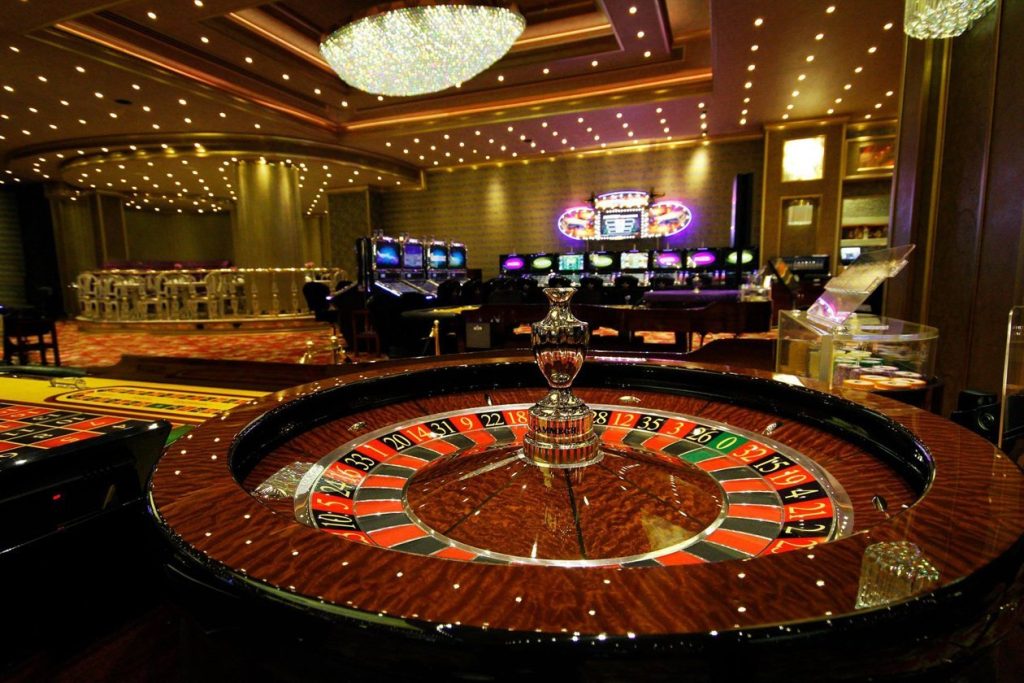In Brazil, as in many countries, socioeconomic inequality is a pervasive and deeply entrenched issue that affects millions of people across the nation. Against this backdrop, the debate over the role of casinos in addressing or exacerbating socioeconomic disparities has gained prominence. While proponents argue that casinos can stimulate economic growth and create jobs, critics raise concerns about their potential to deepen existing inequalities. In this article, we will explore the complex relationship between socioeconomic inequality and the role of casinos in Brazil, examining both the potential benefits and risks associated with their legalization.
Economic Potential and Job Creation
Proponents of casino legalization often point to the potential economic benefits, including job creation and revenue generation. Casinos have the capacity to attract tourists, stimulate consumer spending, and catalyze investment in infrastructure and services. In regions where economic opportunities are scarce, the introduction of casinos could provide much-needed employment opportunities, particularly in sectors such as hospitality, entertainment, and construction. Moreover, the tax revenue generated from the gambling industry could be reinvested in social programs and public services, potentially benefiting marginalized communities.
Top 5 Online Casinos 2023
| Online Casino | Welcome Bonus | Game Selection | User Experience | Security & Trust | Overall Rating |
|---|---|---|---|---|---|
| 1. 888 Casino | 100% up to $200 + 25 Free Spins | ★★★★★ | ★★★★☆ | ★★★★★ | ★★★★★ |
| 2. LeoVegas | Up to $1000 + 200 Free Spins | ★★★★★ | ★★★★★ | ★★★★☆ | ★★★★★ |
| 3. Betway Casino | 100% up to $250 on First Deposit | ★★★★☆ | ★★★★☆ | ★★★★★ | ★★★★☆ |
| 4. Casumo | 100% up to $300 + 20 Free Spins | ★★★★☆ | ★★★★★ | ★★★★☆ | ★★★★☆ |
| 5. Rizk Casino | 100% up to $100 + 50 Free Spins | ★★★★☆ | ★★★★☆ | ★★★★☆ | ★★★★☆ |
Disparities in Access and Participation
However, critics argue that the benefits of casino legalization may not be distributed equitably across society, exacerbating existing socioeconomic inequalities. Historically marginalized communities, including low-income individuals and ethnic minorities, may face barriers to accessing and participating in the gambling industry. Moreover, there is a risk that casinos could concentrate wealth and resources in the hands of a few, further widening the gap between the rich and the poor. Without measures to promote inclusivity and address systemic barriers, the economic benefits of casinos may disproportionately benefit privileged groups, leaving marginalized communities behind.
Addiction and Financial Hardship
Another concern raised by critics is the potential for casinos to exacerbate addiction and financial hardship among vulnerable populations. Problem gambling can lead to significant financial losses, debt, and psychological distress, particularly for individuals already struggling to make ends meet. In Brazil (https://kingslotsbr.com/), where access to mental health services is limited and social safety nets are inadequate, the consequences of gambling addiction can be devastating. Moreover, there is evidence to suggest that problem gambling disproportionately affects lower-income individuals, further exacerbating socioeconomic inequalities.
Regulatory Safeguards and Social Responsibility

To address these concerns, regulatory safeguards and social responsibility measures are essential. Brazil must implement robust regulations to ensure that the gambling industry operates in a socially responsible manner, with strict controls on advertising, access, and harm minimization. Additionally, operators should be required to contribute to programs that address problem gambling, promote responsible gaming practices, and support individuals affected by addiction. Moreover, proactive measures should be taken to ensure that marginalized communities have equal access to employment opportunities and economic benefits associated with the gambling industry.
Community Engagement and Empowerment
Finally, community engagement and empowerment are critical for ensuring that the benefits of casino legalization are shared equitably among all members of society. Brazil should prioritize inclusive decision-making processes that involve local communities in the planning, development, and oversight of casino projects. This could include consultation with community leaders, public hearings, and participatory budgeting initiatives to ensure that the voices of marginalized groups are heard and their interests are represented.
In conclusion, the relationship between socioeconomic inequality and the role of casinos in Brazil is complex and multifaceted. While casinos have the potential to stimulate economic growth and create jobs, they also pose risks in terms of exacerbating addiction and widening existing disparities. By implementing robust regulations, promoting social responsibility, and prioritizing community engagement, Brazil can harness the potential benefits of casino legalization while mitigating the negative impacts on socioeconomic inequality. Ultimately, the success of casino legalization in Brazil will depend on its ability to foster inclusive and sustainable economic development that benefits all members of society.
Best casino slots in 2023 USA


300% Welcome Bonus |

Choose 100% Bonus |

Take 100% Welcome Bonus |

100% free spins |





